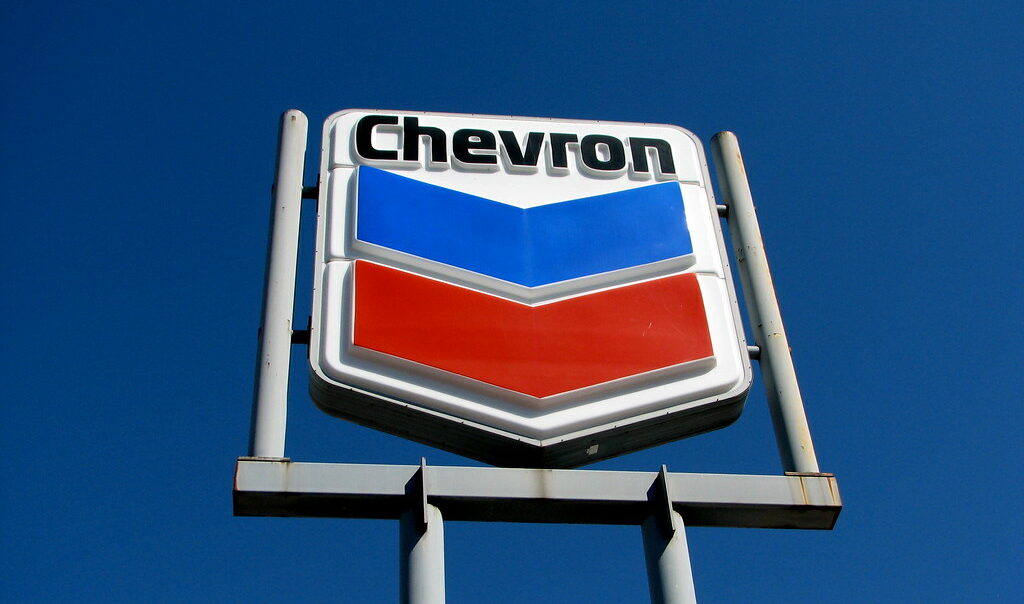Will Biden give Chevron a gift in Venezuela?

The United States is thinking of easing sanctions on Venezuela to encourage the resumption of oil production. Chevron will be able to get back to work, but the benefits on the energy markets may be nil. Here because
According to the Wall Street Journal , the United States is preparing to reduce sanctions on the Venezuelan regime of Nicolás Maduro: by doing so, they will allow the American energy company Chevron to resume oil extraction in the country.
The decision – according to the newspaper's sources – could lead to the reopening of the US and European markets for Venezuelan crude oil.
THE CONDITIONS
In exchange for the lowering of the sanctioning pressure, however, the Maduro government will have to resume talks with the opposition on the presidential elections of 2024. Furthermore, an agreement could be reached for the "release" of Venezuelan state funds – of value of hundreds of millions of dollars – withheld in American banks: the money will have to be used to pay for imports of food, medicines and equipment for the electricity and water networks.
However, the details of the agreement are still under discussion and the success of the negotiations is linked to the guarantees offered by the Maduro administration. "There are no plans to change our sanctions policy in the absence of constructive steps by the Maduro regime," National Security Council spokeswoman Adrienne Watson said.
THE CONSEQUENCES ON THE OIL MARKET
If the deal were to succeed, Chevron could resume operations in Venezuela, but the amount of oil it could put on the market would be limited, at least in the short term.
Venezuela has some of the largest oil reserves in the world and was a major crude oil producer in the 1990s, when it extracted more than 3.2 million barrels per day. But over the past decade or so, the industry has collapsed due to mismanagement, corruption and underinvestment. The situation on the production side has worsened a lot with the sanctions imposed by ex-US president Donald Trump, which led to the exit from the country of western energy companies (and their know-how ).
Venezuela currently exports around 450,000 barrels of oil per day.
In the longer term, however, Venezuela could prove useful to the United States and Europe to expand the supply of barrels on the market – the current tightness is the cause of high prices – and to replace Russian oil, which has been put under embargo.
RELAXATION SIGNALS
But the administration's strategy of Joe Biden for the relaxation of relations with Venezuela could be used by Maduro to strengthen his regime, thanks to the new revenues. In recent years, however, Caracas has bypassed US sanctions and has managed to sell its crude oil (albeit with strong discounts) to China and other Asian buyers.
Promoting dialogue between the Biden and Maduro administrations, however, was the recent release from prison by Venezuela of six US citizens and one permanent resident; in exchange, the United States freed two men (both nephews of Maduro's wife Cilia Flores) convicted of drug trafficking.
WHAT THE TREASURY DEPARTMENT WILL DO
The US Treasury Department's Bureau of Foreign Assets Control, which deals with administering sanctions on Venezuela, is preparing to issue one or more licenses to Chevron to allow the company to reactivate its four mining projects with PDVSA, the Venezuelan state oil company.
– Read also: What Eni will do with Venezuelan oil after Biden's ok
Among the most important projects in Venezuela are the Perla gas field, at sea, managed by Eni and Repsol, and the Shell project off the eastern coast, which would provide the raw material for a liquefaction plant of the gas in Trinidad and Tobago.
The deteriorating state of Venezuelan oil fields, however, is so severe that output will not increase significantly for a couple of years, according to experts. In the short and medium term, therefore, the easing of sanctions against Venezuela will not change the situation on the energy markets much.
This is a machine translation from Italian language of a post published on Start Magazine at the URL https://www.startmag.it/energia/stati-uniti-sanzioni-venezuela-chevron/ on Thu, 06 Oct 2022 13:30:40 +0000.
